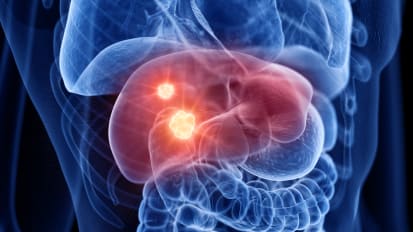-

-
Specialties
-
-
Cancer
-
Cardiology, Heart & Vascular Surgery
-
Dermatology
-
Endocrinology & Endocrine Surgery
-
Fetal Treatment
-
Gastroenterology
-
Infectious Disease
-
Neurology
-
Neurosurgery
-
Ophthalmology
Organ Transplant
-
Orthopedics
-
Otolaryngology – Head and Neck Surgery
-
Pediatrics
-
Pulmonology
-
Radiology
-
Spine
-
Surgery
-
Urology
-
Women's Health
-
-
- About Us
- Refer a Patient
-
Clinical Trials
-

















